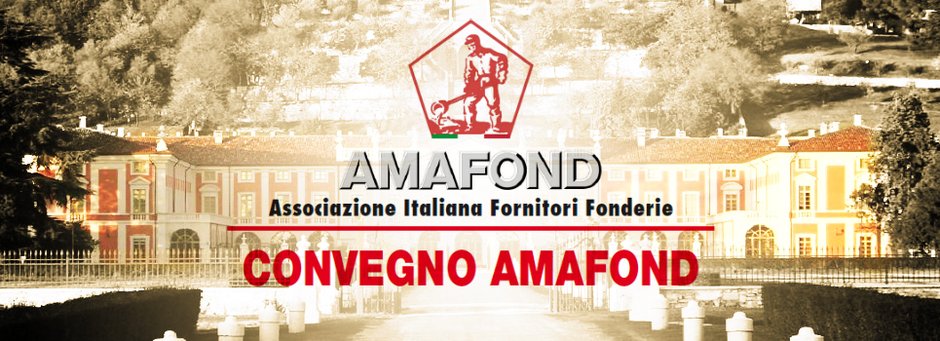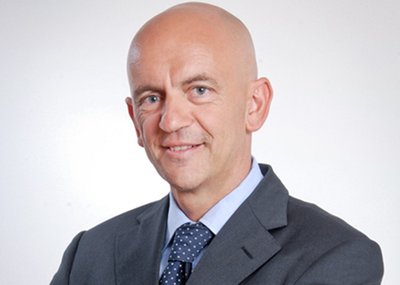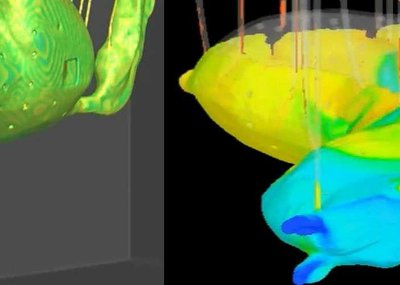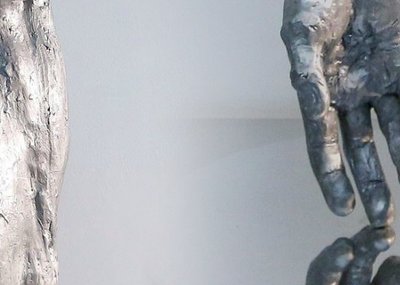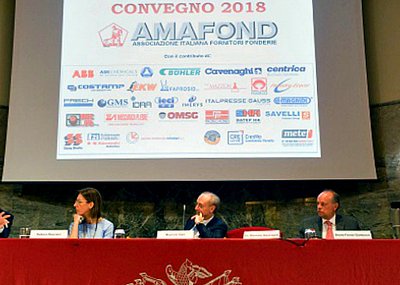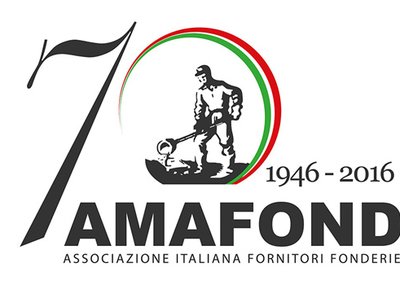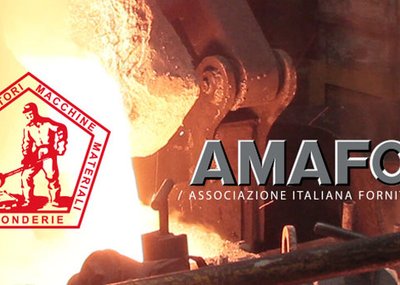The wind has changed; the foundry suppliers are sure about this. And this is confirmed by the President of Amafond, Maurizio Sala.
“Finally, at our annual conference, we can comment on the positive moment our business is going through. The recent years have been difficult, and not without pain. It caught us all by surprise, a crisis that struck us with duration and intensity”, the President of the Association declared.
Italy’s selective recovery
But the recovery began with an abnormal pattern that Sala defined as ‘selective recovery’. The increase in turnover compared to pre-crisis had represented the business of companies operating in low pressure die casting, shell casting, and gravity die casting, that is companies within the non-ferrous sector. Regarding cast iron and steel, the values are still under 15%, however, Sala described a significant movement being recorded and confirmed by data from the months of 2017.
Even in terms of markets of interest, something is changing. Germany, the United States, as well as Mexico and Spain, are of primary interest. But for aluminium the Middle East is emerging, a geographic area that Sala sees will shortly become the second world production pole second to China.
Plaudits come from the President of Amafond, addressing the ‘Industry 4.0’ plan launched by the government, describing it as “a document that speaks a language of concreteness and shows the courage to make a choice, necessary when resources are not unlimited.” Focusing on the new machining market, this allows for a higher level of security, quality, environmental standards, and optimization of consumption and, overall, an increase in the competitiveness of companies.
Furthermore, Sala stated that in order to support this precious input of technologically advanced plants, a further step forward is needed: “We believe that the other supporting element is human capital. For this reason, a change starting from universities and technical institutes is fundamental. We need technicians and engineers to be able to govern all of our machinery, now fundamental to the success of our foundries. This deep interest leads us to require the establishment of a tax credit on staff training.”
75 technical institutes in Italy, 850 in Germany
In his speech President of Brembo, Alberto Bombassei, also underlined the urgency of a radical change of education and training of students who undertake studies in the industrial world, at this time characterized by a profound revolution triggered by the dense system of changes imposed by ‘Industry 4.0’.
“We need a substantial increase in the number of technical institutes. In Italy we count 75, but in Germany there are 850 technical institutes. The world has really changed”, the president of Brembo stated. “The Revolution of 4.0 represents a deep moment of break with the evolutionary steps which involved the industry of the past. The size of this evolution is represented by the fact that businesses, if they do not seize the opportunities of this technological breakthrough, may find no market space in the next four or five years.”
Bombassei was one of the most prominent interlocutors, from which came the Industry 4.0 plan, which guarantees increased investment of GDP and of employment, and is an almost unique opportunity for redemption for the regions of the Mezzogiorno.
Finally, Bombassei turned to the audience with an invitation: “Do not ever think that research and development are only neighbours with medium or large companies. On the contrary, this also concerns smaller companies who could become excellent players working in areas of a niche market.”

